New Delhi, Sep 13 (IANS) Raising concern over delays in corporate insolvency resolution processes (CIRP), the Supreme Court on Monday asked the National Company Law Tribunal and the National Company Law Appellate Tribunal to strictly adhere to the mandated 330-day timeline.
Observing that judicial delay was one of the major reasons for the failure of the insolvency regime that was in effect prior to the Insolvency and Bankruptcy Code (IBC), the court said: "We cannot let the present insolvency regime meet the same fate."
The bench, headed by Justice D.Y. Chandrachud, said that the NCLT and the NCLAT should endeavor, on a best effort basis, to strictly adhere to the timelines stipulated under the IBC and clear pending resolution plans forthwith.
As per the Insolvency and Bankruptcy Code, 2016, the CIRP should be completed within 180 days or within the extended period of 90 days and mandatorily be completed within 330 days, including any extension and the time taken in legal processes.
The top court, in its judgment, noted that the delays were attributable to the NCLT taking the considerable time in admitting CIRPs and late and unsolicited bids by Resolution Applicants after the original bidder becomes public upon passage of the deadline for submission of the plan.
The multiplicity of litigation and the appellate process to the NCLAT and the Supreme Court also contribute, it added.
"Such inordinate delays cause commercial uncertainty, degradation in the value of the corporate debtor, and makes the insolvency process inefficient and expensive," it said.
The bench was hearing the case of Ebix Singapore PTE against the Committee of Creditors of Educomp Solutions.
The NCLAT, in July 2020, set aside an order passed by the NCLT's Delhi bench which had allowed Ebix Singapore to withdraw its resolution plan for Educomp Solutions after being selected by 75 percent members of the CoC. This was challenged by Ebix Singapore PTE in the Supreme Court.







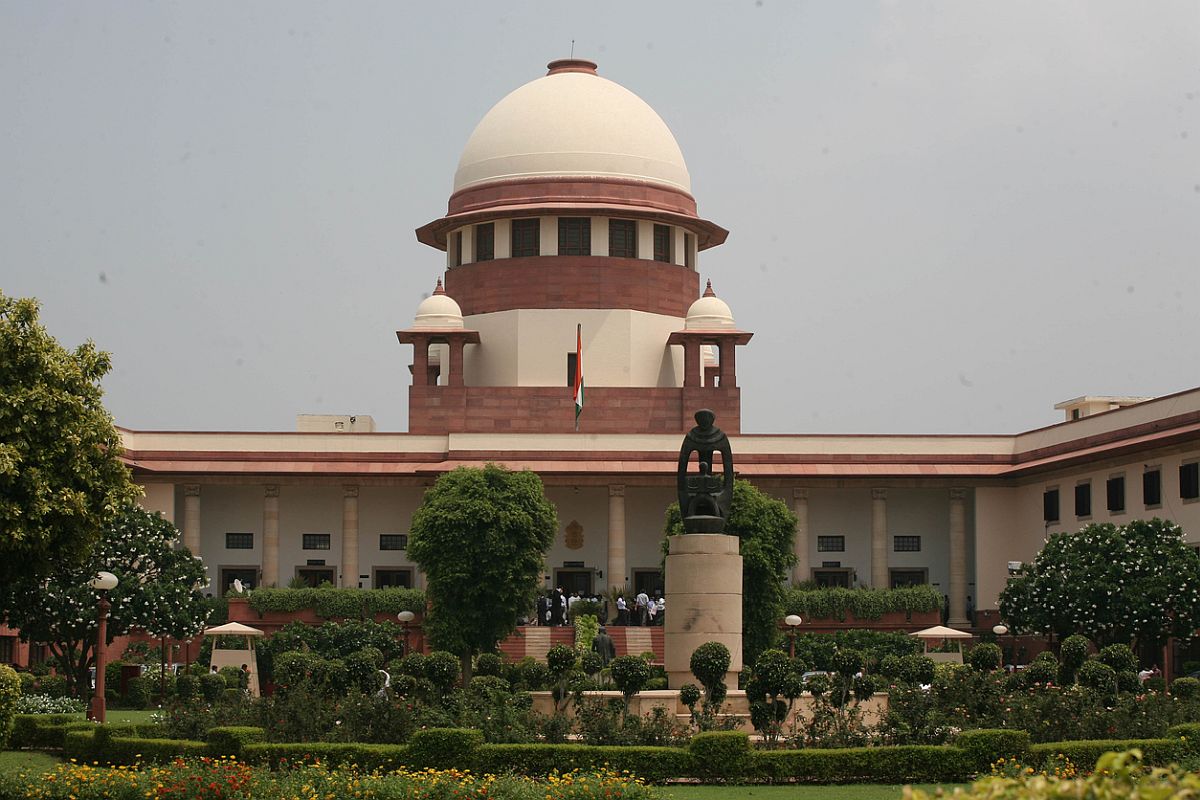
 OpinionExpress.In
OpinionExpress.In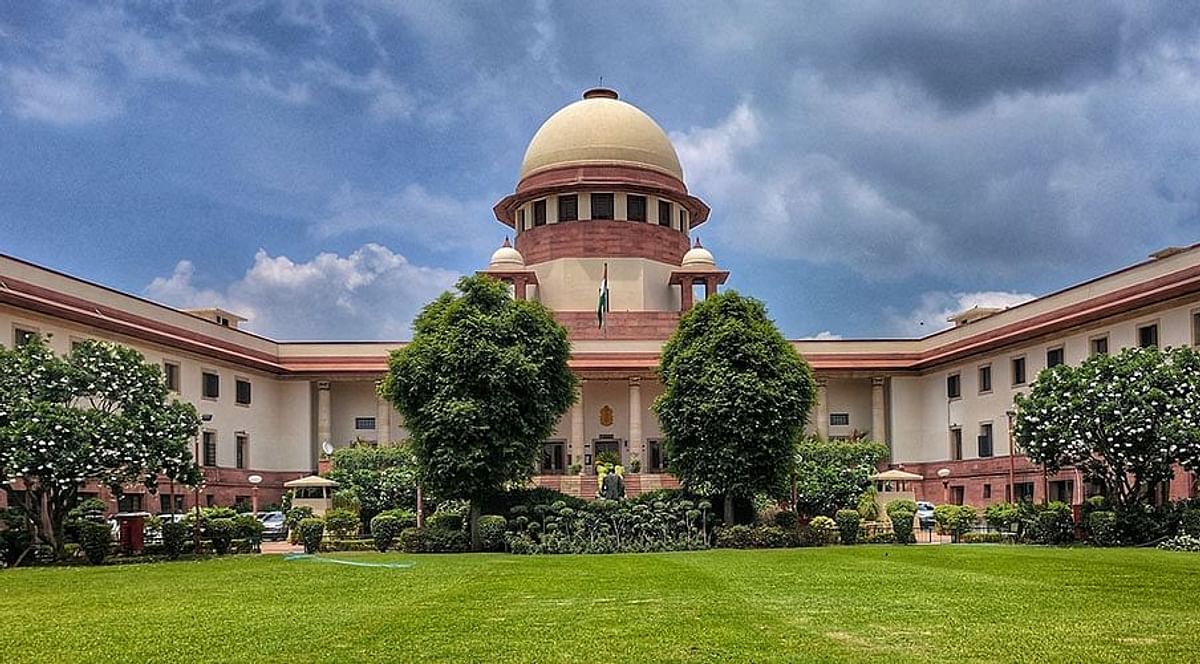
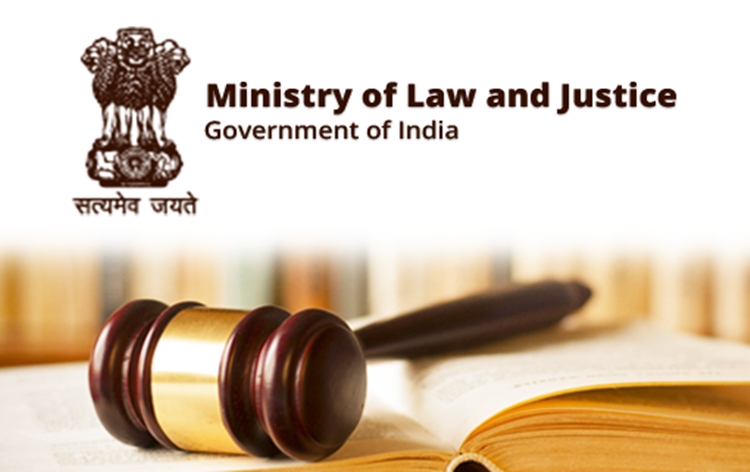
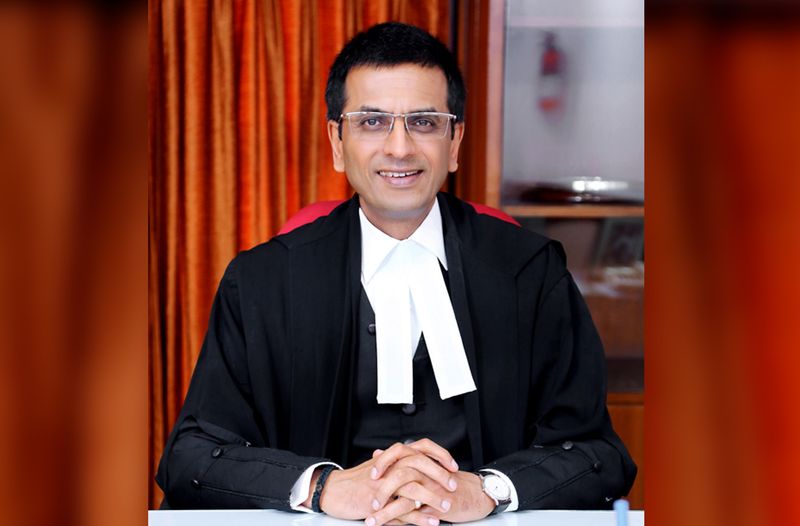
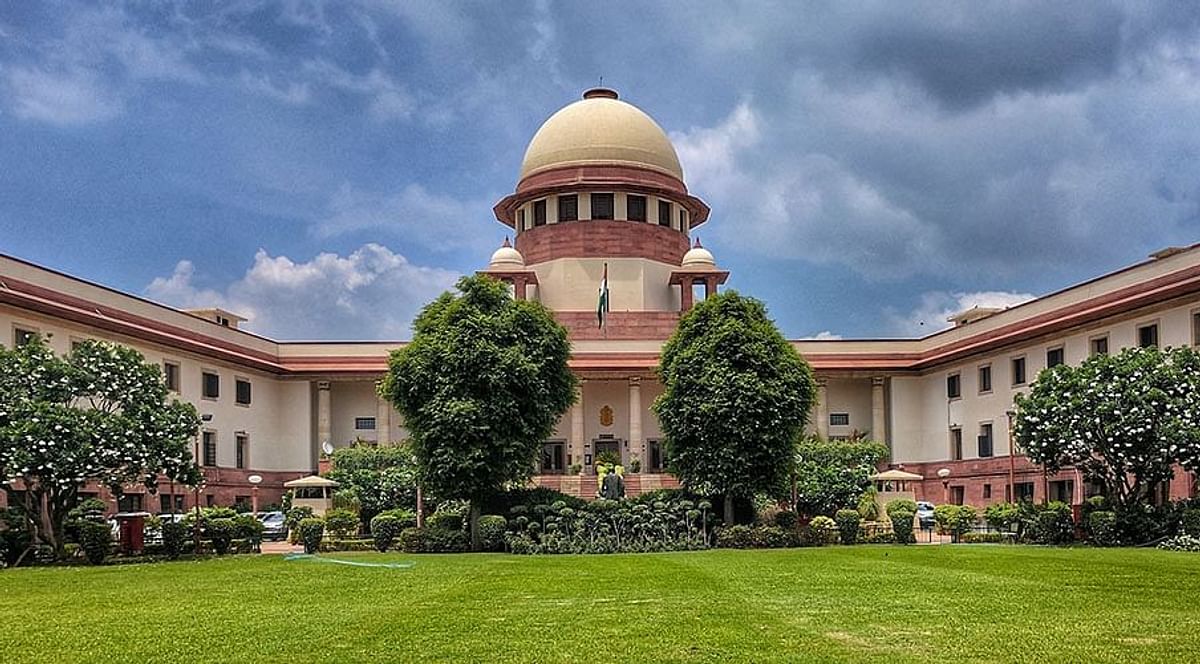

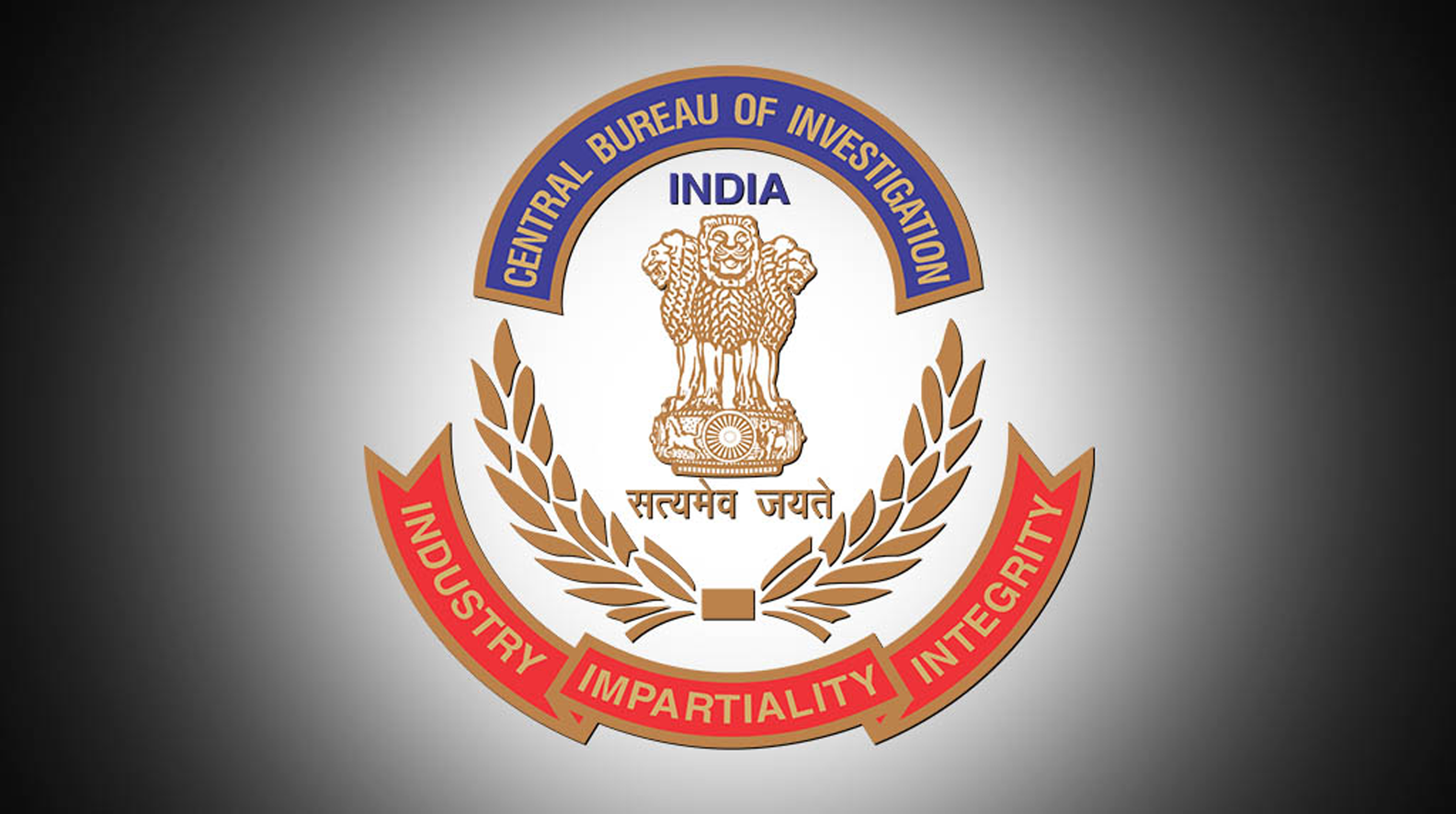
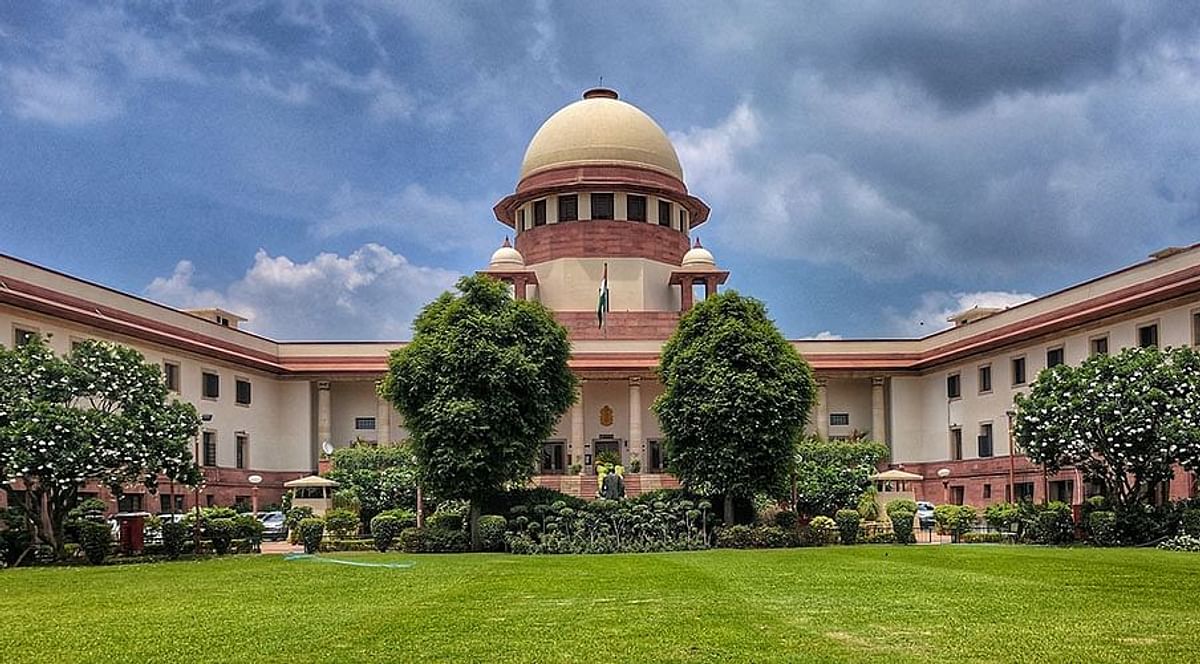









Comments (0)